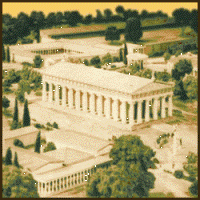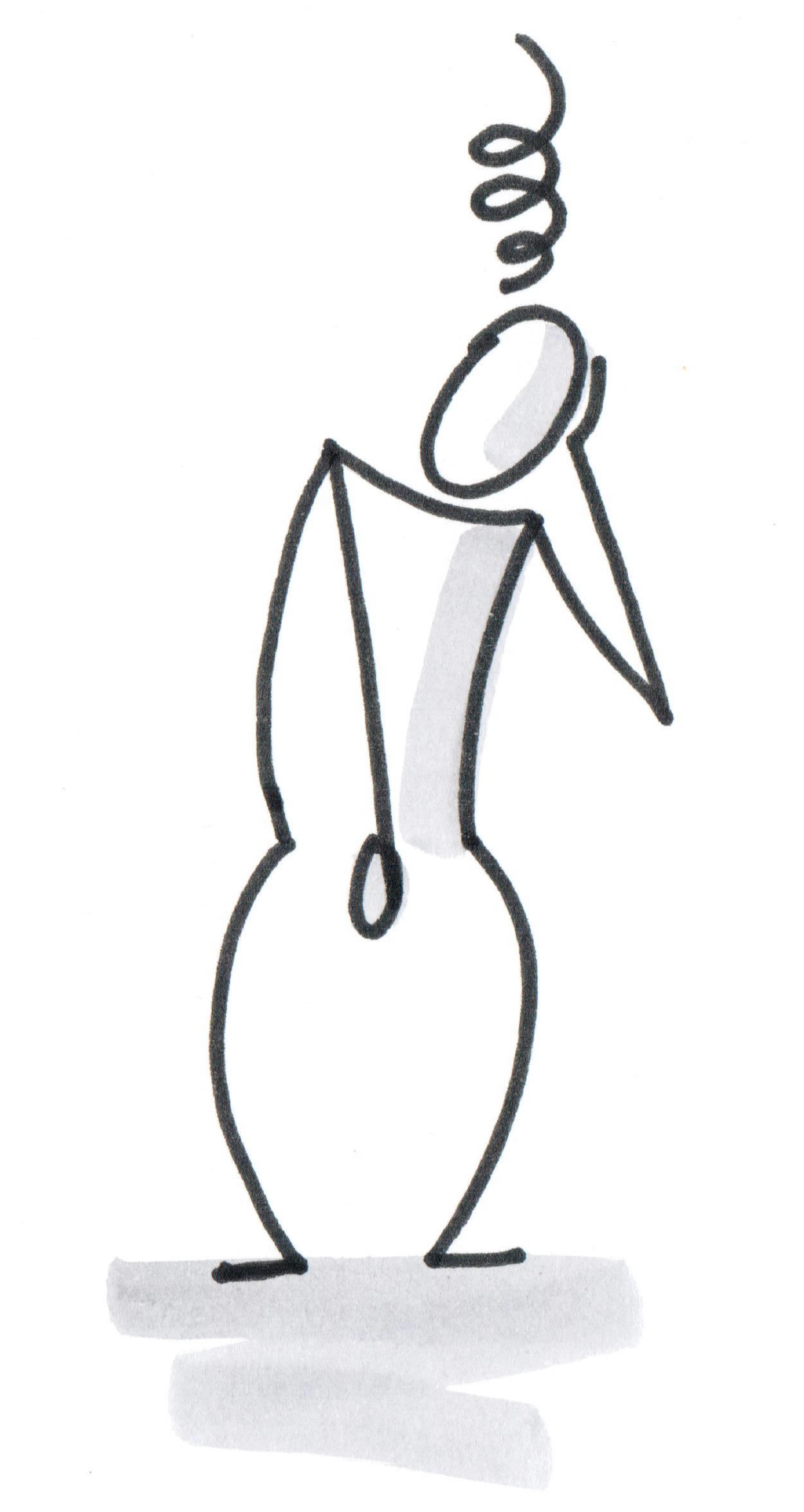How did the Olympic Games get started?

The ancient Olympic Games were primarily a part of a religious festival in honor of Zeus, the father of the Greek gods and goddesses. The festival and the games were held in Olympia, a rural sanctuary site in the western Peloponnesos. The Greeks that came to the Sanctuary of Zeus at Olympia shared the same religious beliefs and spoke the same language. The athletes were all male citizens of the city-states from every corner of the Greek world, coming from as far away as Iberia (Spain) in the west and the Black Sea (Turkey) in the east.
The ancient Olympic Games began in the year 776 BC, when Koroibos, a cook from the nearby city of Elis, won the stadion race, a foot race 600 feet long. According to some literary traditions, this was the only athletic event of the games for the first 13 Olympic festivals or until 724 BC. Contrary evidence, both literary and archaeological, suggests that the games may have existed at Olympia much earlier than this date, perhaps as early as the 10th or 9th century BC. A series of bronze tripods have been found at Olympia, some of which may date to the 9th century BC, and it has been suggested that these tripods may in fact be prizes for some of the early events at Olympia.
From 776 BC, the Games were held in Olympia every four years for almost 12 centuries. Additional athletic events were gradually added until, by the 5th century BC, the religious festival consisted of a five-day program. The athletic events included: three foot races (stadion, diaulos, and dolichos) as well as the pentathlon (five contests: discus, javelin, long jump, wrestling, and foot race), pugme (boxing), pale (wrestling), pankration, and the hoplitodromos. Additional events, both equestrian and for humans, were added throughout the course of the history of the Olympic Games. Equestrian events, held in the hippodromos, were an important part of the athletic program of the ancient Olympic Games and by the 5th century BC included the tethrippon and the keles.
How we got from the Ancient Olympics to the Modern Games?
Although the ancient Games were staged in Olympia, from 776 BC through to 393 AD, it took 1503 years for the Olympics to return. The first modern Olympics were held in Athens, Greece, in 1896. The man responsible for its rebirth was a Frenchman named Baron Pierre de Coubertin, who presented the idea in 1894. His original thought was to unveil the modern Games in 1900 in his native Paris, but delegates from 34 countries were so enthralled with the concept that they convinced him to move the Games up to 1896 and have Athens serve as the first host. The first Modern Winter Olympic games were held in 1924 in Chamonix, France. There was no winter Olympic festival in ancient times.
The Olympic Flag

The Modern Olympic flag of five linked rings, each with a primary color used in the flags of the nations competing in the games, was introduced in 1908. There is no ancient basis for this modern symbol. The idea of the Olympic torch or Olympic Flame was first inaugurated in the 1932 Olympic Games in Los Angeles. The design of the Los Angeles colosseum included a facility for a large flame. There was no torch relay in the ancient Olympic Games. There were known, however, torch relays in other ancient Greek athletic festivals including those held at Athens. The modern Olympic torch relay was first instituted at the 1936 Olympic Games in Berlin. The Olympic Oath was introduced in 1920.




You must be logged in to post a comment.